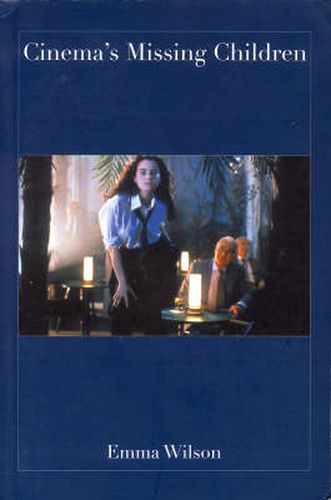Readings Newsletter
Become a Readings Member to make your shopping experience even easier.
Sign in or sign up for free!
You’re not far away from qualifying for FREE standard shipping within Australia
You’ve qualified for FREE standard shipping within Australia
The cart is loading…






Photographs of missing children are some of the most haunting images of contemporary Western society. The specter of the child at risk from abduction, abuse, or illness, conjures questions about traumatic loss, protection and the family, nostalgia and childhood innocence. Emma Wilson argues that such questions increasingly return in the work of contemporary filmmakers. She explores the representation of missing and endangered children in a number of the key films of the last decade, including Kieslowski’s Three Colours: Blue, Atom Egoyan’s Exotica, Todd Solondz’s Happiness, Jane Campion’s The Portrait of a Lady, Lars von Trier’s The Kingdom, and Almodovar’s All About My Mother. Wilson contends that the loss of a child is perceived as a limit-experience in contemporary cinema, where filmmakers attempt to transform their means of representation as a response to acute pain and horror.
$9.00 standard shipping within Australia
FREE standard shipping within Australia for orders over $100.00
Express & International shipping calculated at checkout
Photographs of missing children are some of the most haunting images of contemporary Western society. The specter of the child at risk from abduction, abuse, or illness, conjures questions about traumatic loss, protection and the family, nostalgia and childhood innocence. Emma Wilson argues that such questions increasingly return in the work of contemporary filmmakers. She explores the representation of missing and endangered children in a number of the key films of the last decade, including Kieslowski’s Three Colours: Blue, Atom Egoyan’s Exotica, Todd Solondz’s Happiness, Jane Campion’s The Portrait of a Lady, Lars von Trier’s The Kingdom, and Almodovar’s All About My Mother. Wilson contends that the loss of a child is perceived as a limit-experience in contemporary cinema, where filmmakers attempt to transform their means of representation as a response to acute pain and horror.